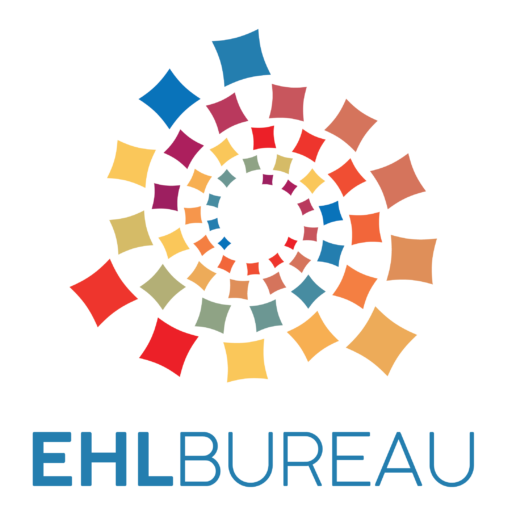University Students Seek New Economic Models for Social and Environmental Harmony
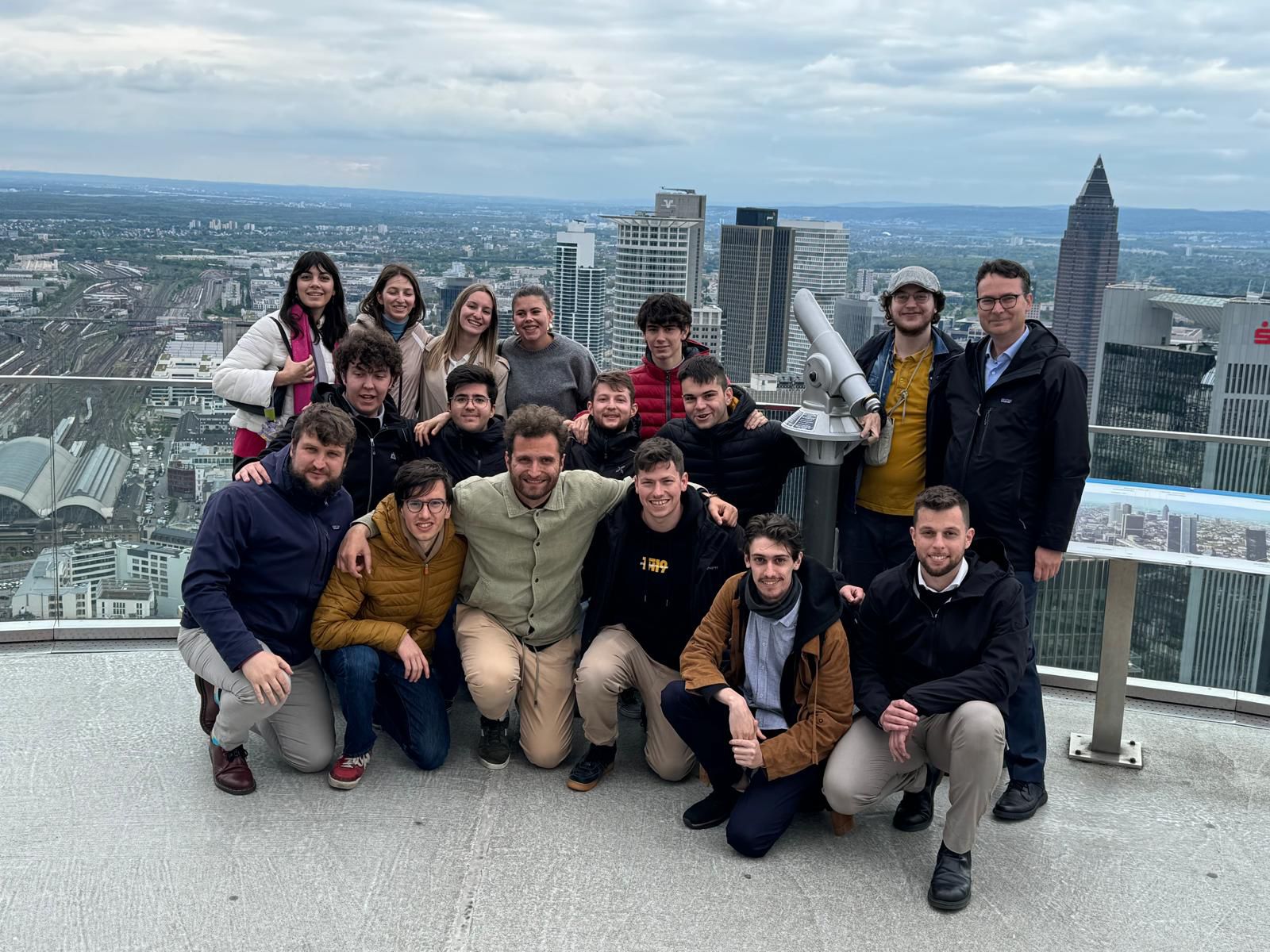

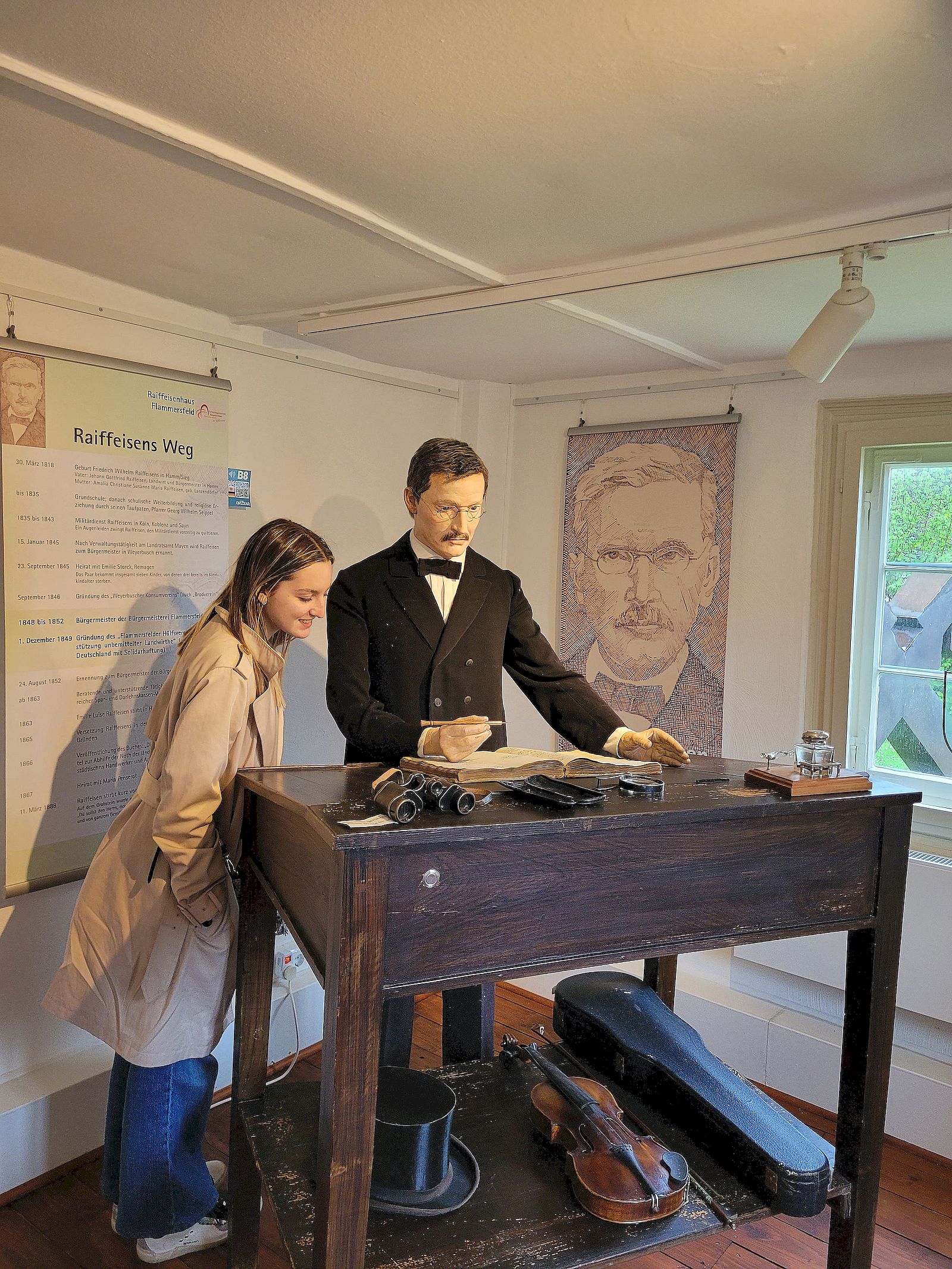
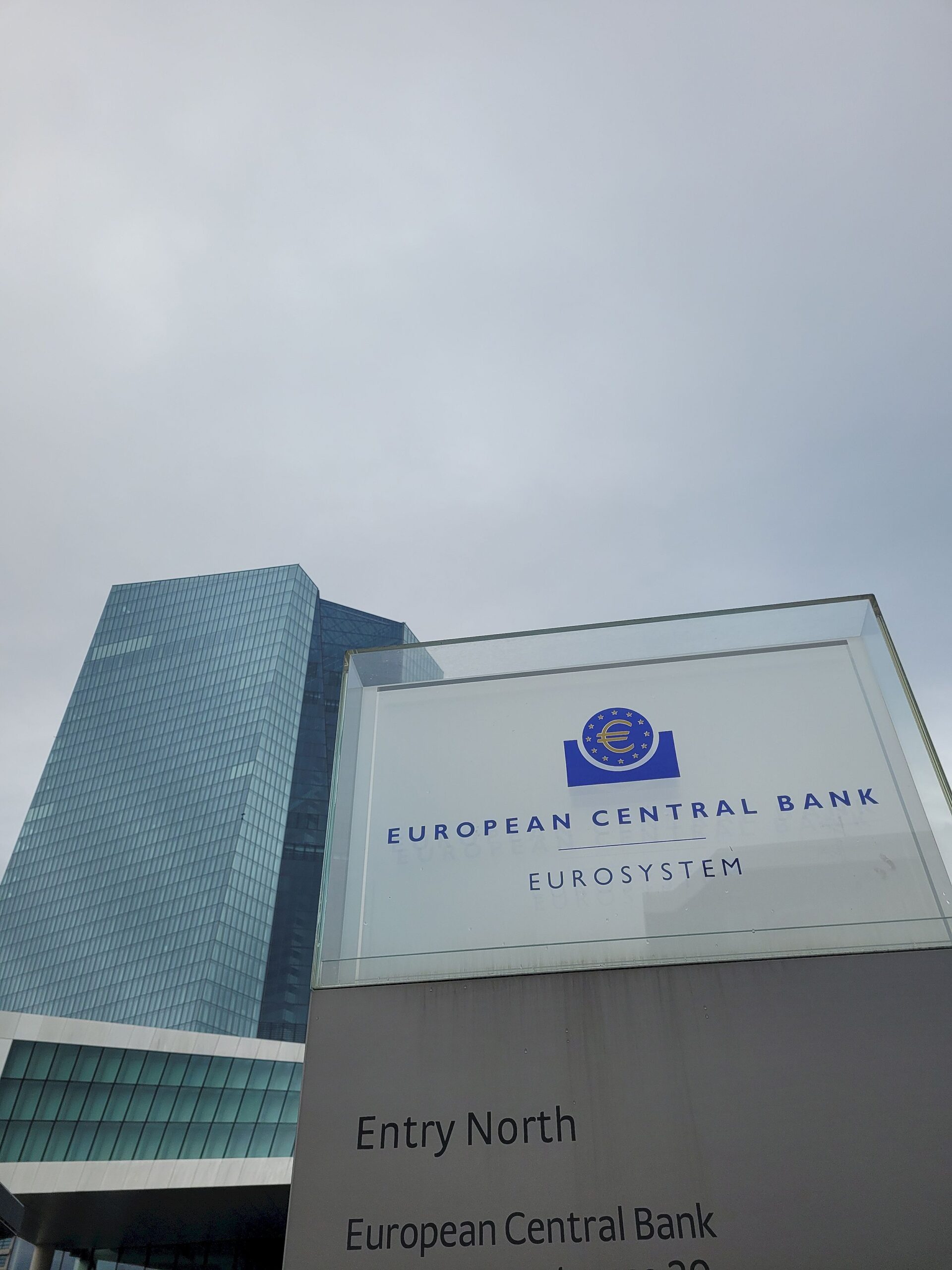
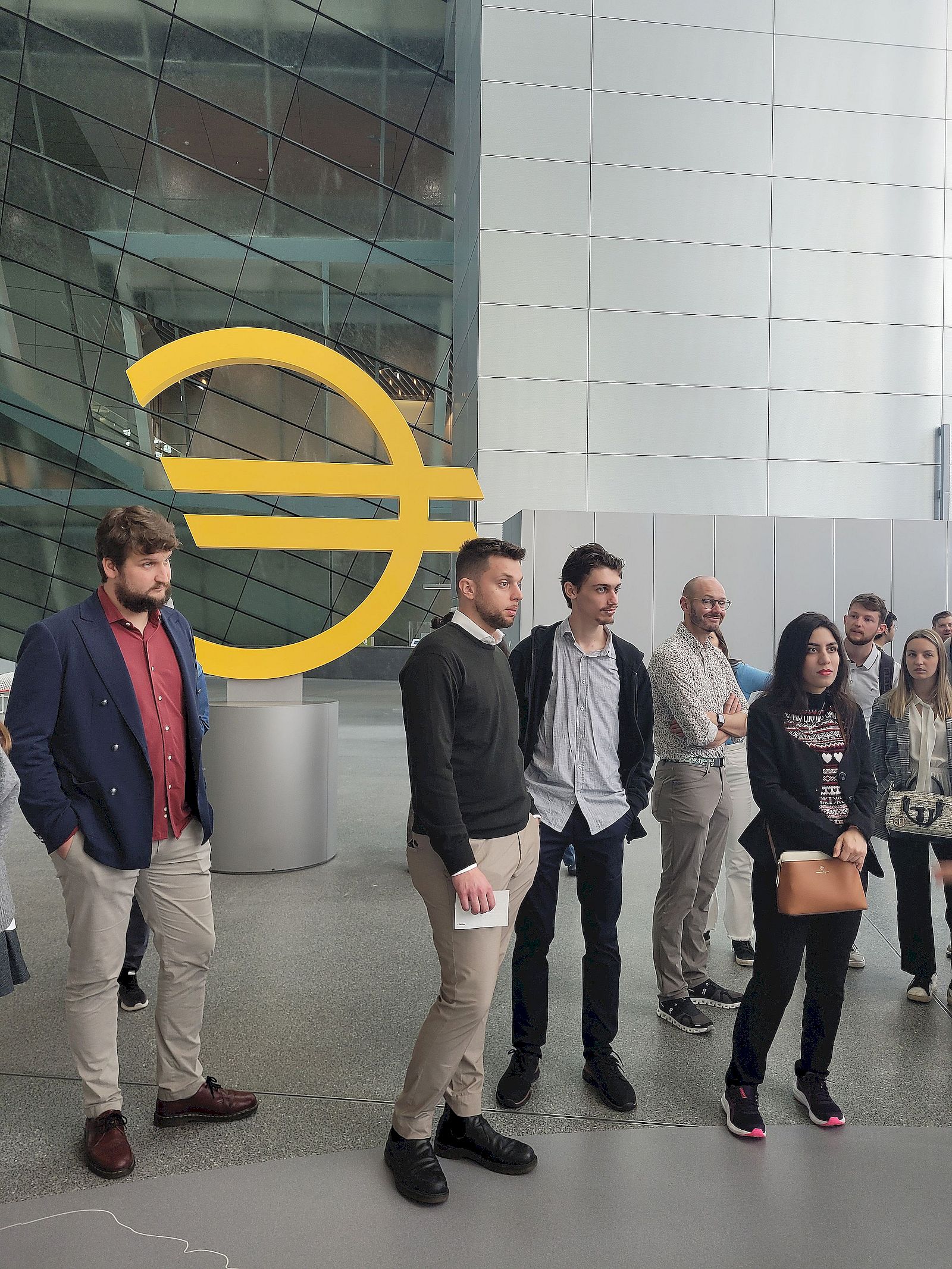
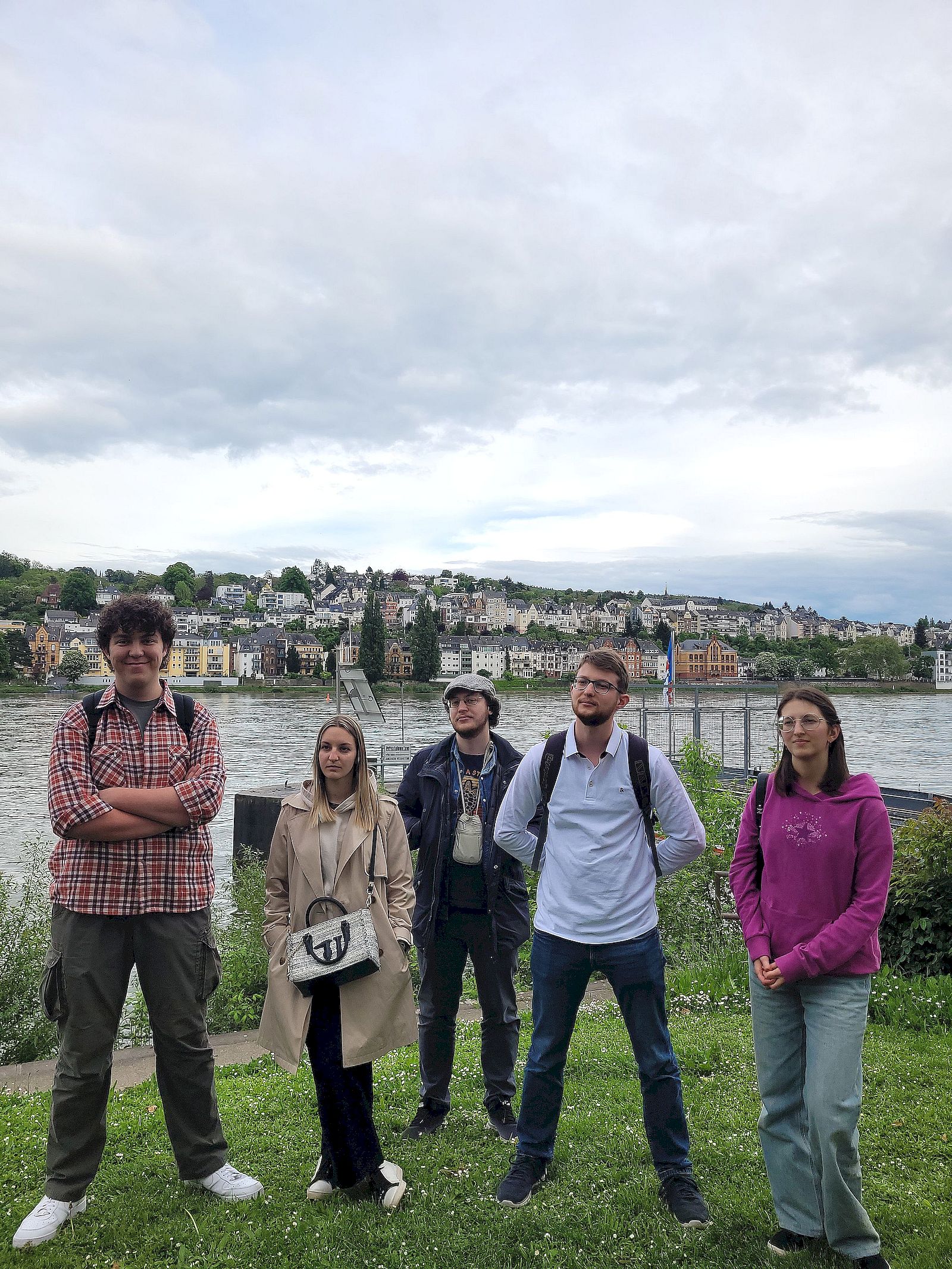
In a world facing environmental and social challenges, a critical question arises: Can we find an economic model that benefits both nature and people? A group of university students is determined to find out through the “Officina Cooperazione” training project. This initiative, which explores cooperation and civil economy, has taken them from Trentino to Bologna, and most recently, to Germany from May 5th to 8th. Their journey included a visit to the European Central Bank (ECB) in Frankfurt, where they gained insights into the German and European economic landscape.
At first glance, the connection between Alcide De Gasperi, a respected Italian politician, and civil economy might not be obvious. However, both share a deep commitment to the common good and community welfare, linking local needs with a broader European perspective.
The project brings together 14 students from various fields such as economics, engineering, art, and sociology, with an average age of 21. These young individuals are eager to challenge the current political and economic systems. Aronne, one of the participants, highlights the urgency of addressing modern inequalities: “The inequalities we experience today are no longer acceptable. We have to find new models of development. That’s why I joined this project.” Alessandra adds, “I’m interested in understanding what cooperation looks like, starting from the small towns of Trentino and expanding to Italian, German, and European examples.” Some participants have already joined cooperatives, while others plan to study abroad to explore value-based working models.
The “Officina Cooperazione” project is a collaborative effort between the Fondazione Trentina Alcide De Gasperi and Fondazione Valtes (the foundation of the Valsugana and Tesino Rural Bank). This partnership is built on several key principles: promoting European citizenship, focusing on local communities, addressing the needs of younger generations, and creating growth opportunities that have a real impact on people’s lives.
Although the project’s travels have ended, its impact is far from over. Participants are now organizing school meetings in Trentino and a public event to share their experiences and learnings. This final phase of the project will be documented on social media platforms like Facebook and Instagram, ensuring their insights and discoveries reach a wider audience.
The “Officina Cooperazione” project is run by the EHL Awarded Site Museo Casa De Gasperi – Pieve Tesino (Italy).
